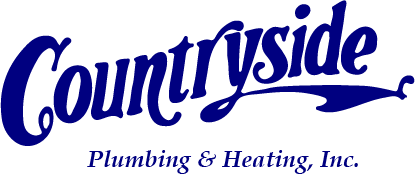Sometimes, that pesky thermostat just doesn’t work properly. Indeed, there are a number of very common problems that we as homeowners have to deal with when it comes to that all-mighty thermostat. Here, we will discuss four of the most common thermostat problems as well as provide solutions that you can implement today.
Troubleshoot and Fix Thermostat Issues
Here are some of the most common major thermostat issues and how to fix them:
Problem #1: The air conditioner and/or furnace turns on way too much.
Solution: This might not seem like a thermostat problem, but there is a good chance that it is. If we put the thermostat directly in the sun, then that will drastically affect how it will work. Try moving the thermostat or finding some way to block the sun, like drapery or curtains. You should also make sure that your thermostat isn’t in a room that has an open window or outside door in it. Moving the thermostat to a room that is normally closed may help with normalizing the temperature regulation.
Problem #2: Your thermostat’s reading of the current room temperature never seems to match the set temperature.
Solution: Imagine. It’s 80 degrees in your room, and things are getting pretty uncomfortable, so you turn the temperature down to 72 degrees. The air conditioner turns on, but the room temperature only reaches 74 degrees before the air conditioner turns off. It should be 72 degrees, not 74, so something is off. Well, it may just be that your thermostat’s thermometer is a bit off. If you have an old liquid thermostat or something similar, it may just require you to pop off the thermostat lid and adjust the thermometer using a screwdriver. If you are using a digital thermostat, read your owner’s manual for how to readjust the thermostat thermometer.
Problem #3: Your air conditioner just keeps running.
Solution: Alright, so you might be a bit worried when you discover that your heating/air conditioning keeps running. Or at least it sounds like it just keeps running. Check your fan setting. If it says, “Fan On,” then the fan will run continuously. However, if you change the setting to “Fan Auto,” then the fan will only run while the air conditioning is on. This helps you run your HVAC system more efficiently and save on energy costs.
Problem #4: Your heating doesn’t heat and your cooling doesn’t cool your home.
Solution: Most homeowners tend to ignore the thermostat unless they are adjusting the temperature a few degrees. The problem is that seasons do change, and eventually we need to switch from air conditioning to heating, and vice versa. It’s easy to forget that you have to set the thermostat for “Heat” or “Cool” depending on whether you want hot air or cold air. When your HVAC system is not heating or cooling your home properly, it may be as simple as setting your system to the “Heat” or “Cool” setting.
If you are having thermostat issues or your HVAC system isn’t working properly, call us today. One of our HVAC experts will help you get your system up and running quickly.

